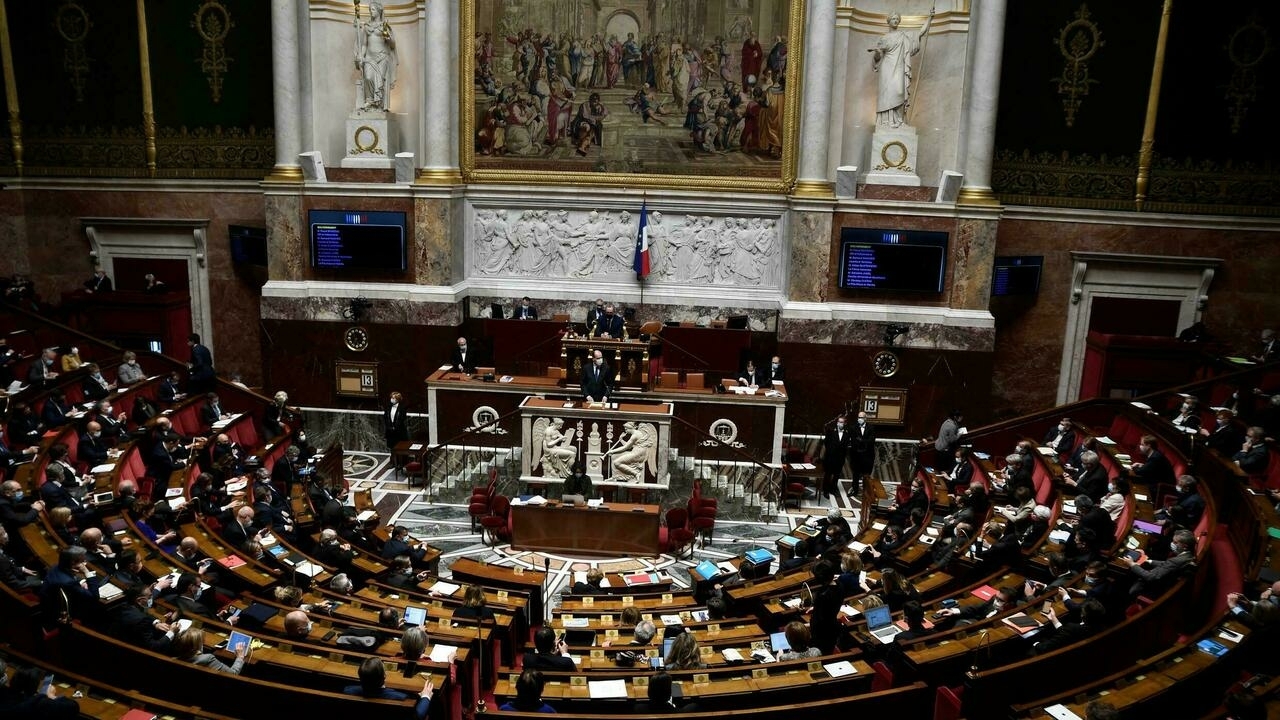
The French National Assembly on Friday approved a controversial “anti-separatism” bill despite strong criticisms from parliamentarians from the Left and the Right. The government argued the legislation was needed to bolster France’s secular system, but critics say it breaches religious freedom.
Advertising Read more
After an acrimonious seven-month debate – with the text going back and forth between France’s lower house, the National Assembly, and the Senate – the anti-separatist bill was approved by 49 votes to 19. There were five abstentions.
In a fiery speech, far-left leader Jean-Luc Mélenchon on Friday railed against the “anti-Republican law”, which he said was “anti-Muslim”.
France’s main opposition parties, including the Socialists (PS) and the centre-right Les Républicains, along with the French Communist Party, voted against the bill for different reasons.
Only three parties in the National Assembly – the ruling La République en marche (LREM) party and its two allies – voted for the law.
The far-right National Rally, led by Marine Le Pen, abstained from the vote.
05:24
All eyes on 2022 presidential election
Introduced by hardline French Interior Minister Gérald Darmanin, the bill contains a slew of measures on the neutrality of the civil service, the fight against online hatred, and the protection of civil servants such as teachers.
The bill was debated in a highly charged atmosphere in France after three attacks late last year by extremists including the beheading in October of teacher Samuel Paty, who had shown his pupils cartoons of the Prophet Mohammed during a civics class.
France, home to Europe’s largest Muslim community, is still shaken by the succession of massacres committed by Islamist militants from January 2015 that left hundreds dead.
Critics have however slammed the legislation as going contrary to the liberal values of the Republic that it seeks to protect.
A US envoy on religious freedom last year criticised the bill as “heavy-handed” and it has sparked unusually critical coverage in English-language media, even prompting French President Emmanuel Macron to write personally to the Financial Times to defend it.
Analysts have said Macron, who came to power in 2017 as a centrist reformer, has noticeably tacked to the right over the last months as he scents that his 2022 presidential reelection battle will come down to a run-off duel with the far-right Le Pen.
Daily newsletterReceive essential international news every morning Subscribe







